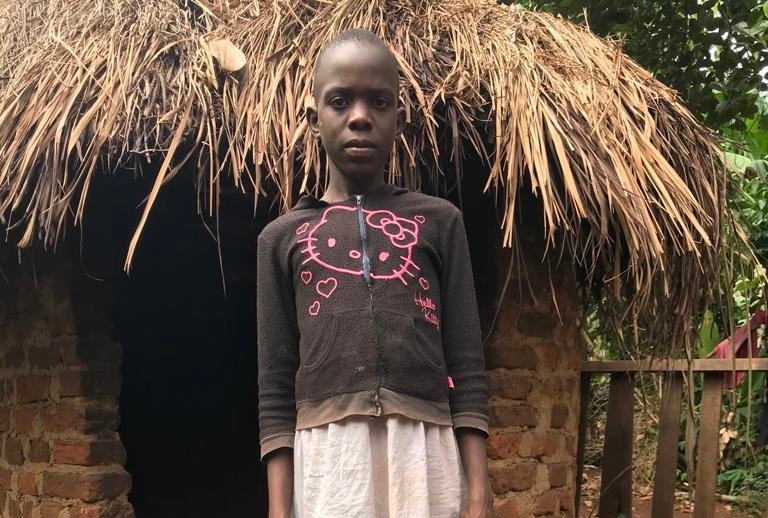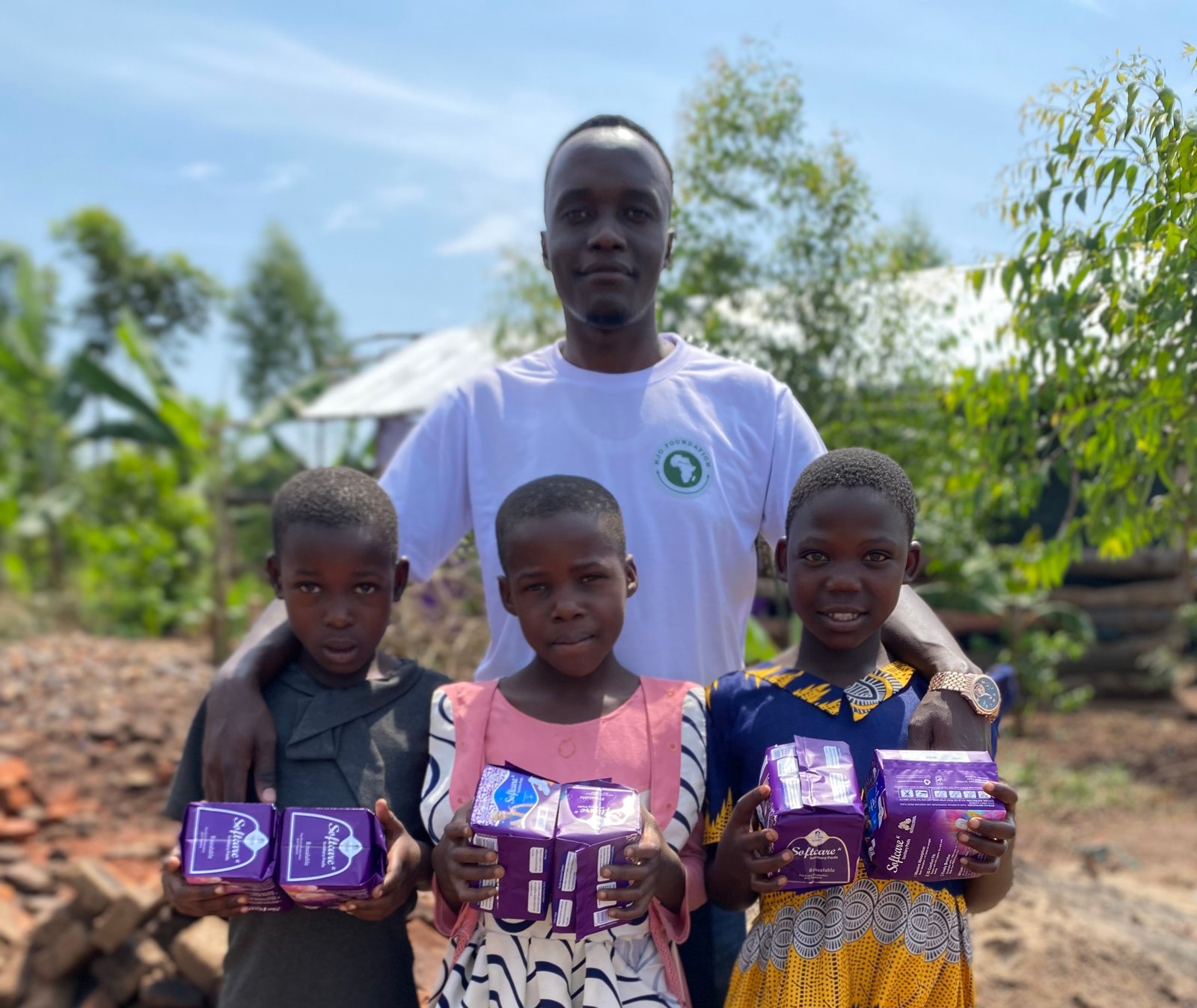
Addressing the Education Crisis
Across low-income countries, lack of access to formal education remains one of the most pressing barriers to sustainable development. Education is a key driver for economic growth, innovation and social progress, but millions of children are being denied this fundamental right. Without basic literacy, numeracy and critical thinking skills, children are often trapped in the cycle of poverty, unable to gain meaningful employment or participate in their country's economic progress. If current trends persist, nearly 1 billion school aged children worldwide will still be lacking basic secondary level skills by 2030, according to global projections.
The NJO Foundation recognises this as a crisis that requires immediate and targeted interventions. By empowering children through our sponsorship program, NJO seeks to tackle the root causes of education poverty and provide a pathway to a better future.
Barriers to Education: A Complex Problem
While the importance of education is universally acknowledged, participation at school remains a central challenge. Numerous barriers prevent children from accessing education, particularly in Sub-Saharan Africa and other low income regions.
Education in many low-income countries, although often nominally free, comes with significant hidden costs that make it inaccessible to many families. The direct costs of education such as school fees, uniforms, books and other materials—can be a heavy burden on low-income families. In addition to direct expenses, there are also indirect costs, such as the opportunity cost of sending a child to school rather than keeping them at home to work or assist with household chores. In regions where families depend on every available set of hands to make ends meet, the decision to send a child to school often comes at the expense of critical economic survival. This is especially true in rural areas where agriculture remains the primary means of livelihood. In such environments, children are more likely to be engaged in farming, herding, or other labour intensive activities rather than attending school.
Beyond the economic costs, there are non-financial barriers that further exacerbate the education crisis. The distance to schools in rural areas can be a significant hurdle. In many communities, children have to walk several kilometres each day to reach the nearest school, making it not only difficult but often dangerous, especially for girls.
Children's health and nutrition also play a crucial role in their ability to attend and perform well in school. When children are not well-nourished, they are more susceptible to illness, making it difficult to maintain consistent attendance.

Education in Uganda: The Current Landscape
Uganda serves as a representative case for many low-income countries, where economic growth and educational attainment are moving at different paces. Despite a relatively strong economic performance in recent years, Uganda's education sector struggles to keep up. According to the World Bank, in 2017, Uganda’s primary school completion rate was 52% for boys and 54% for girls, while lower secondary education completion rates were 28% for boys and 25% for girls. These statistics reveal a significant drop-off as children progress through the education system, suggesting that while many begin primary education, few make it through to secondary school.
This gap between economic development and educational attainment poses a significant threat to the country's long-term growth prospects. Uganda, like many other East African countries, has seen robust GDP growth driven by sectors such as agriculture, services and industry. However, for this growth to translate into widespread poverty reduction and human development, a well educated and skilled workforce is essential.
A lack of access to education, particularly at the secondary level, limits the ability of children to gain the knowledge and skills needed to participate in these growing economic sectors. The skills gap, therefore, becomes a barrier to further progress.
NJO Foundation Africa’s Sponsorship Program: A Pathway to Change
NJO Foundation Africa recognizes that education is the most powerful tool to break the cycle of poverty. By focusing on sponsorships, NJO provides children with the resources they need to access and complete their education, including financial support for school fees, uniforms and learning materials. This sponsorship program addresses the direct financial barriers to education, enabling children from disadvantaged backgrounds to attend school without placing an additional burden on their families.
Furthermore, NJO Foundation Africa’s program goes beyond direct financial aid. It seeks to address the indirect and non-financial barriers that limit school participation. By working with communities to reduce the opportunity costs associated with schooling, NJO encourages parents to prioritize their children’s education. Health and nutrition are also focal points, ensuring that sponsored children are healthy and able to focus on their studies.
The Broader Impact
In the long run, NJO Foundation Africa's sponsorship program is about more than just education; it’s about investing in human capital. Education equips children with the skills they need to not only secure employment but also contribute meaningfully to their country’s development. It fosters critical thinking, problem-solving abilities and entrepreneurial mindsets that are essential for future betterment. NJO Foundation Africa’s approach of tackling the educational crisis head-on through sponsorship ensures that future generations will have the skills and opportunities they need to lift themselves and their communities out of poverty.









